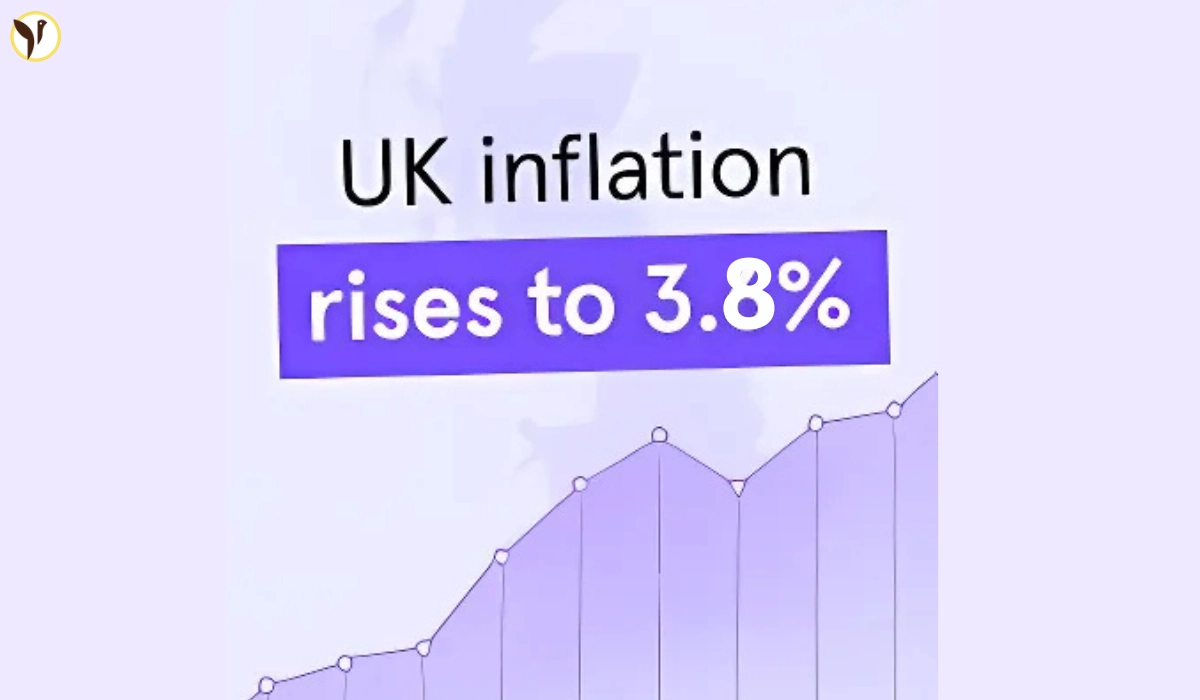The cost of living in the UK has once again become a talking point as inflation jumped to 3.8% in July 2025, according to the Office for National Statistics (ONS). This is the highest level since January 2024 and slightly above what most economists had predicted.
For a lot of families, that increase is more than just a number. It translates into higher prices for food at the supermarket, more expensive fuel at the pump, and higher holiday costs. Even higher prices for services like transport and leisure, which puts more pressure on already stretched household budgets.
What Made Prices Increase?
The ONS noted the biggest contributors to the July inflation figure were air fares, food, fuel, and transport. Services inflation, which encompasses everything from transport tickets to restaurant bills, will have increased to 5% in July, up from 4.7% in June.
Prices are not increasing as quickly as they did at the peak of the cost of living crisis in 2022, but the upward movement shows inflation is still stubbornly in place.
Bank of England Under Pressure
The Bank of England had cut interest rates to 4% earlier this year, hoping to support growth. However, now that inflation is moving toward 4% in September, experts think the Bank will exercise restraint from further rate cuts.
According to Reuters, the BoE is projecting it will not get back to its target of 2% inflation until mid-2027. Families and businesses are likely facing higher costs for a further few years.
Political Reactions
Chancellor Rachel Reeves spoke to the press reacting to the news, saying the government was doing everything in its power to take pressure off families, such as lifting the minimum wage and expanding free school meals. Reeves admitted, however, that “there’s more to do to ease the cost of living.”
One of the users tweeted on X:
"The Bank of England's efforts to ease policy may be premature."
The market is a game of chess, and inflation is the queen threatening the board. The Bank of England's efforts to ease policy may be premature. 3.8% inflation means the pressure is still on. Watch how the market reacts to this data—could be a signal for risk-off positioning.
— 007ofWallST (@007ofWallSt) August 20, 2025
Impact on Households and Commuters
The rise in the Retail Prices Index (RPI) to 4.8% is also important. RPI is often used to calculate increases in rail fares and some household bills. If inflation remains high, it is possible that train fares will rise by close to 5.8% next year, putting additional pressure on commuters.
For normal families, it means more expensive supermarkets, higher transport costs, and little discretionary spend available each month. Small businesses are getting squeezed too with wage growth and transport inflation matching wider inflation.
UK Inflation Forecast 2025
The Bank believes inflation will peak around 4% in September, before gradually falling. Even so, the path back to 2% looks long and difficult. Until then, the nation's everyday expenditure will be impacted.









